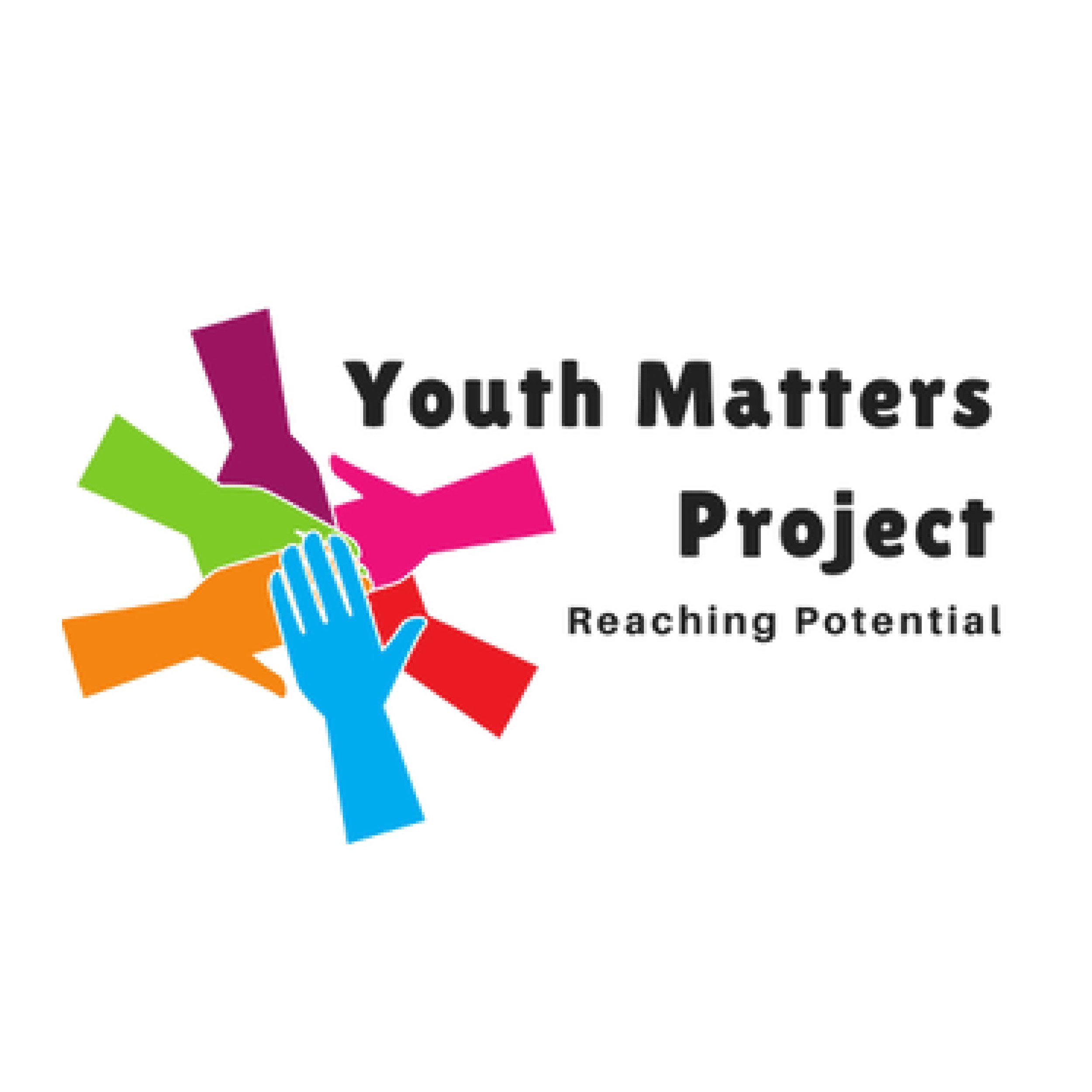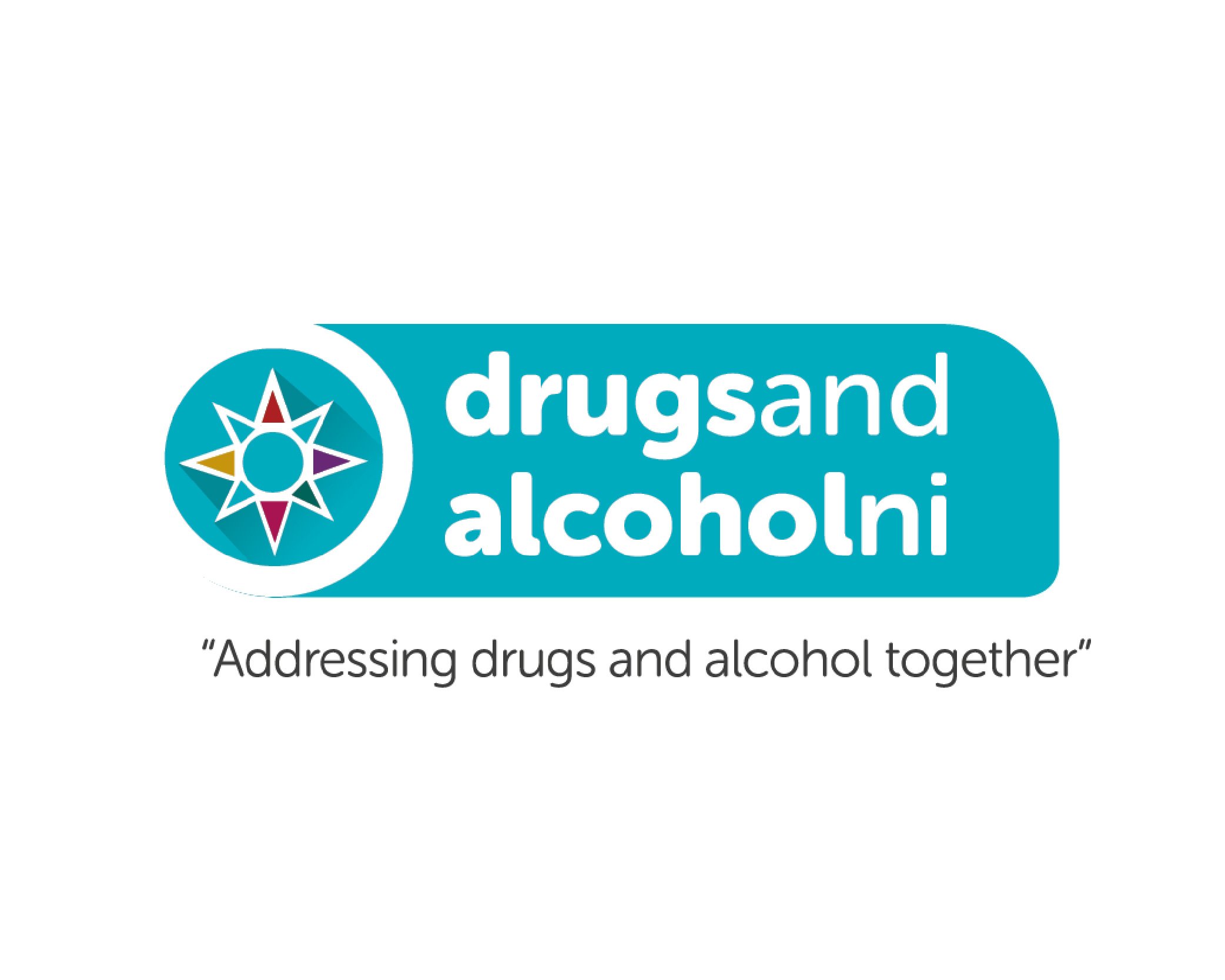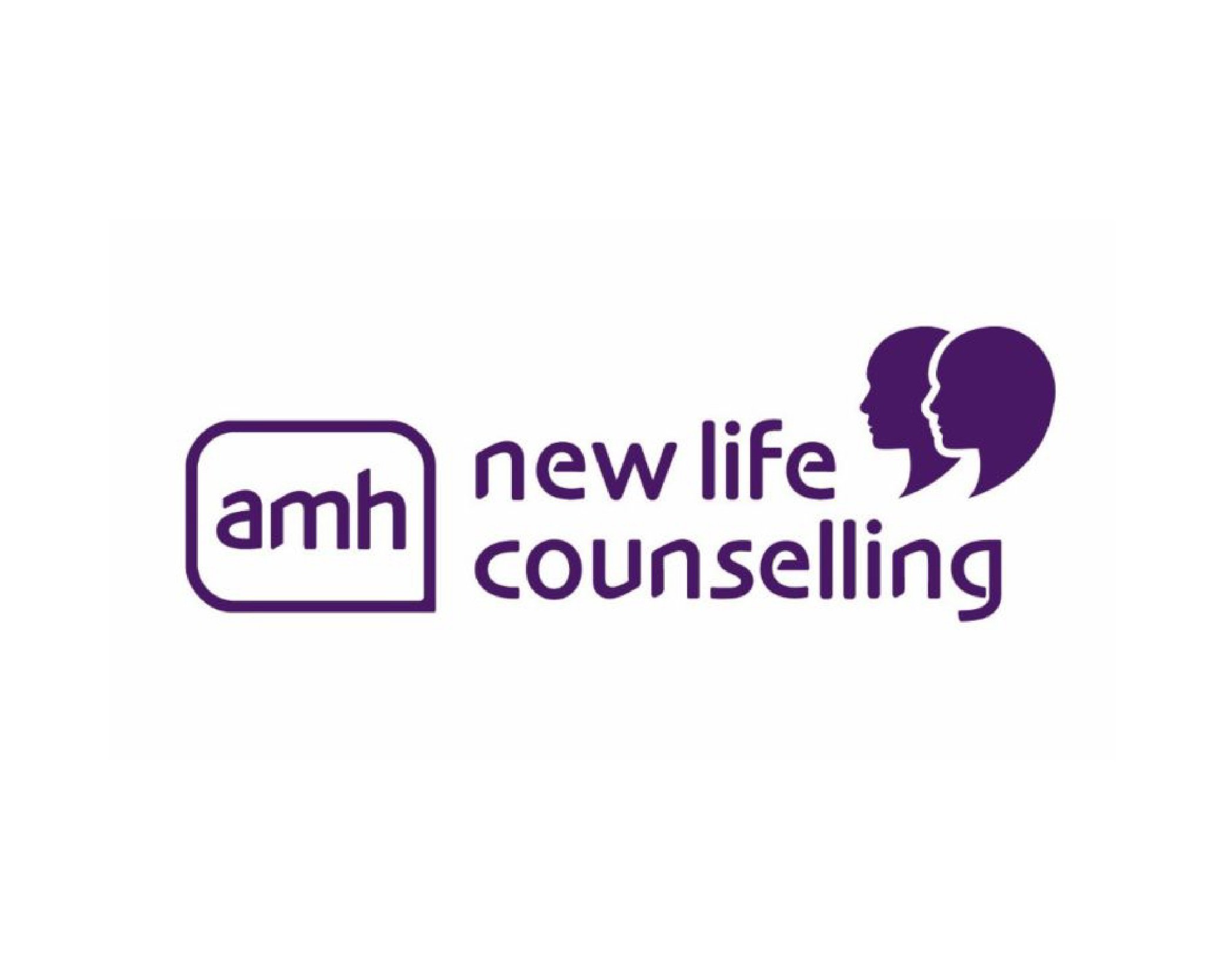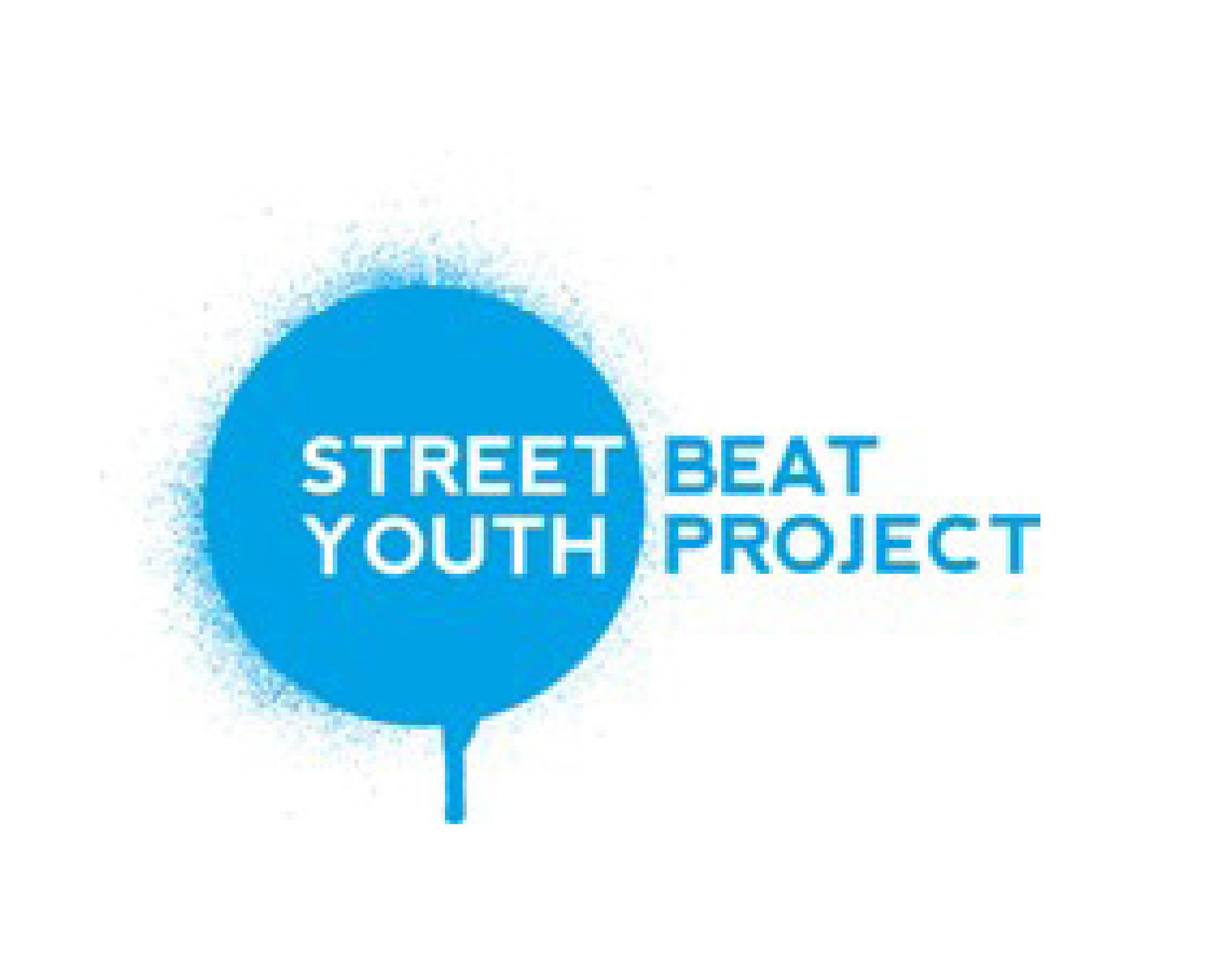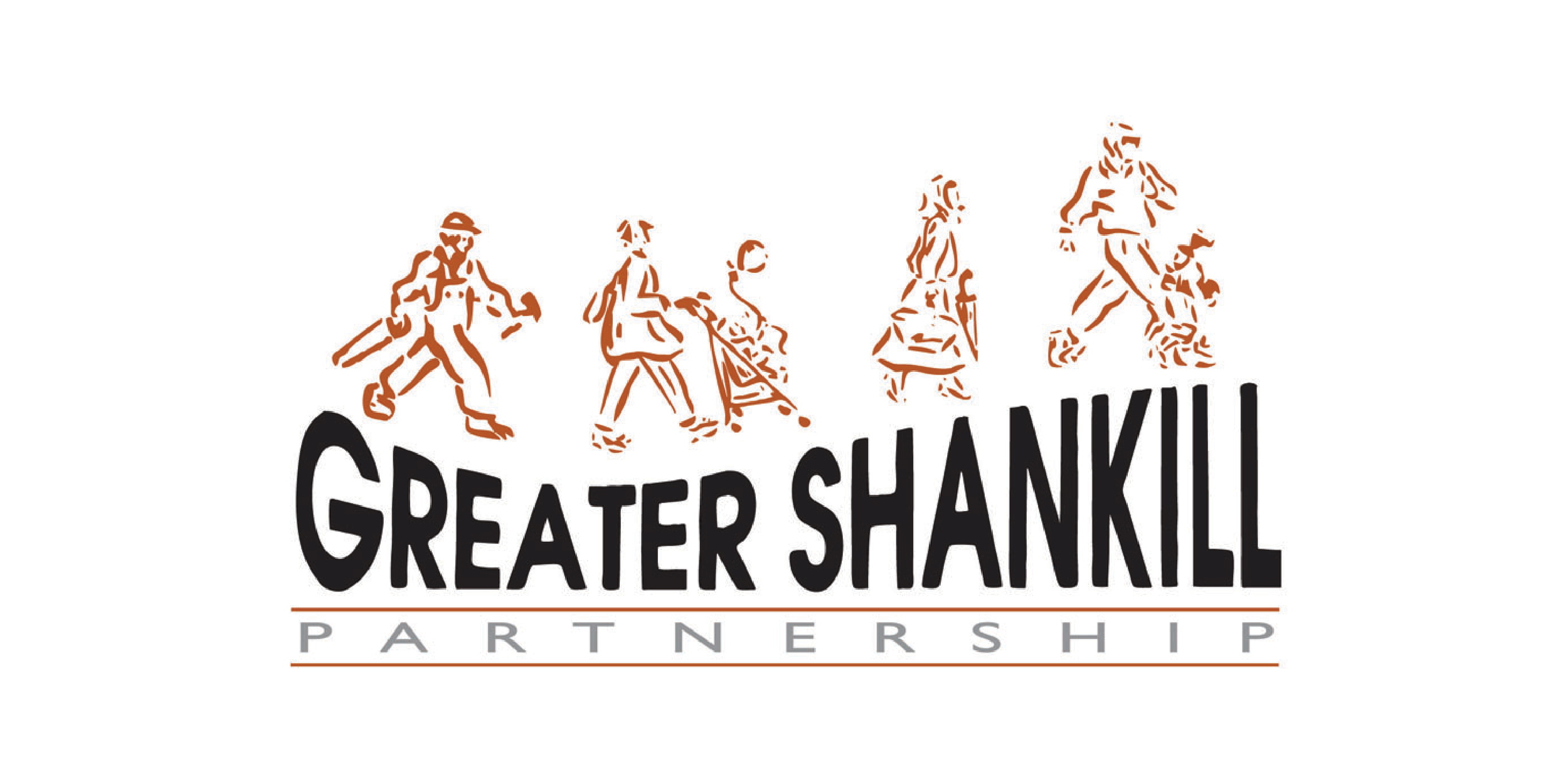Know the Score.
Most young people will think about trying drugs or alcohol at some stage.
We know that drugs can affect everyone differently – depending on your age, body size, what and how much you take. Some drugs can also be ‘stronger’ than others.
If you are considering trying drugs, it’s important to ask yourself if you know…
CLASS has lots of information about the different drugs and may answer some questions you have.
This could help you make the decision that’s right for you!
KNOWING YOUR CLASS
There are some drugs that are legal and can be bought if you are the right age - Alcohol, Tobacco and Vapes are among the most common.
For the illegal ones, the consequences or even punishment for buying, having them on you, sharing them with friends or selling can depend on what class they are.
Class A
It is illegal to have a Class A drug, even it is for yourself. Possession of Class A drug can result in up to 7 years in prison. Sharing or selling Class A drugs can potentially lead to life in prison.
Click a drug name to read more.
It is illegal to have a Class B drug, even it is for yourself. Possession of Class B drug can result in up to 5 years in prison, and/or an unlimited fine. Sharing or selling Class B drugs can potentially lead to up to 14 years in prison, and/or an unlimited fine.
Class B
Click a drug name to read more.
Class C
It is illegal to have a Class C drug, even it is for yourself. Possession of Class C drug can result in up to 2 years in prison and/or an unlimited fine. Sharing or selling Class C drugs can potentially lead up to 14 years in prison and/or an unlimited fine.
Click a drug name to read more.
THE STREET NAMES
Drugs can have a lot of nicknames, and often these can vary depending on where you are and who you are with. This can make it hard to know exactly what you are being offered.
Our A - Z Common Name Glossary should help keep you up-to-date.
You can use the filter list of drugs below to browse the common names that each drug can also be called. You can also search for specific names you might have heard..
KNOWING THE RISKS
If you are going to experiment with drugs, it’s important to consider some of the risks that come with them. Sometimes risks can be both life changing and life threatening, so it’s important to ask yourself some questions.
Click or tap a question to read more about it.
IF YOU’RE FEELING PRESSURED
When you are with friends, they may sometimes encourage you to try new things – sometimes this might be drugs or alcohol.
It can be hard to say 'no' to your friends, even if it’s something you don’t want to do.
You may not want to be the ‘odd one out’ if everyone else is using.
Below are some useful tips to remember, particularly if you are feeling pressured into taking drugs.
Click or tap a tip to read more info
IF YOU’RE FEELING WORRIED
It can be easy for the amount of drugs you are using to increase over time, you may not have even noticed you have been using more and more.
Most people don’t want to admit that their drug taking has become a problem or is getting out of hand.
This section will give you tips on how to support yourself, or a friend, at times when you are worried.
Worried about:
Your own drug use
Drugs can be very addictive and stopping can sometimes be difficult. You don’t have to stop on your own.
It’s important to remember that you are not alone, and there are plenty of support organisations skilled specifically with supporting and helping young people with drug related problems.
You can get support whenever you feel like you need it.
-
relying on drugs to feel calm or relaxed
worrying about when you'll have drugs next
thinking about drugs more and more
planning your day or weekend around when or how you will get to take drugs
using drugs to cope with difficult situations, for example, exam stress, family problems
not being able to remember how much you've taken in one day
changes in your relationships with friends and family
changes in your mood
-
Getting rid - of any drugs you have
Avoid temptation – stay away from places or situations where you know there will drugs
Change friendship circles – hang out with people who aren’t using drugs to help you stay clean
Find a new hobby - to give yourself something to do to take your mind off drugs
Tackle your problems - think about what makes you take drugs, it may be time to get support to with these
Finding the right support for you
Worried about:
A friends drug use
It can be uncomfortable talking to a friend if you think they are struggling with a drug problem. It could be embarrassing for you & them and they may not want to talk to you!
You can always suggest they chat to someone else if it helps them feel more comfortable, but a good start is telling them you are worried about them and their drug use.
They may not realise they have a drug problem – it could come as a bit of a shock when you bring up the idea.
-
when you are both sober and not on drugs – trying to chat while out having a drink or taking drugs isn’t going to work
somewhere private – where they feel safe and relaxed (they could get upset)
when you have lots of time – you don’t want to rush
more than once – you may need bring up the subject overtime to get them to open up
be aware - there may be other issues going on too
-
be judgmental or critical – it won’t help
act like you know better - even if that’s what you think
boss them about – telling them how to ‘sort themselves out’ is not going help them make changes
If you are really concerned - whether for yourself or a friend - it may be time to chat to a parent or another adult who can help.
Don’t try to keep ‘secrets’ around drugs – there is always a chance that your, or their, drug use could be life threatening. It’s important to know what to do if an emergency situation comes up.
LOOKING FOR SUPPORT?
If you or a friend are worried about Drugs or Alcohol, it might be good to link in with an organisation for support.
You may be anxious about people knowing your business, but organisations have strict rules on how they handle your personal information. They will explain this when you first chat to them.
You decide what type of support you want. This can include…
Mentoring
Counselling
Group Programmes
Harm Reduction
Specific Drugs Agencies
Talk To Frank
Drugs & Alcohol NI
Daisy Project
Dunleway
Counselling Organisations
Integrated Services
Lifeline
24/7
New Life Counselling
Street Beat Youth Project
Support Services
Integrated Services
Start 360
Ascert
Extern Reaching Out Project
Medical Support Services
Your GP may be able to provide further Medical Support and Advice specific to your child’s needs. If needed, your local GP Out of Hours can do the same.
A CLASS ACT:
USING SAFELY
If you decide that you want to use drugs, then it’s important to think about how to use them as safely as you can.
Click or tap a statement to read more.
CLASS ACT:
IN AN EMERGENCY
We can’t be sure how drugs will affect someone if they decide to take them, even someone who has used drugs before can find themselves in trouble.
Emergencies are rare but its important to get the right help!
Keep an eye out for a friend who appears to be…
-
Take them to a calm & quiet place
Keep them away from crowds, bright lights and loud noises/ music
Get them to take slow deep breaths
Reassure them they are ok
-
Encourage them to take off coats/ sweater if they are too hot.
Keep them dry, especially if you are outside or in cold weather.
Keep an eye on how much water they are drinking, they may have too much.
-
Move them to a quiet place and talk to them to keep them awake
Don’t shout at them or shake them to try to keep them alert
Don’t give them tea/coffee or energy drinks to try to wake them up
If they stop responding or become unconscious, it’s time to get help!
If your friend is unconscious, or has collapsed and is struggling to breathe…





